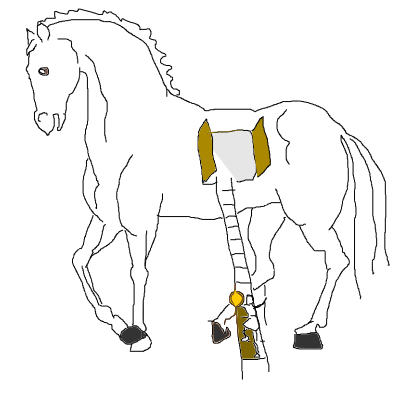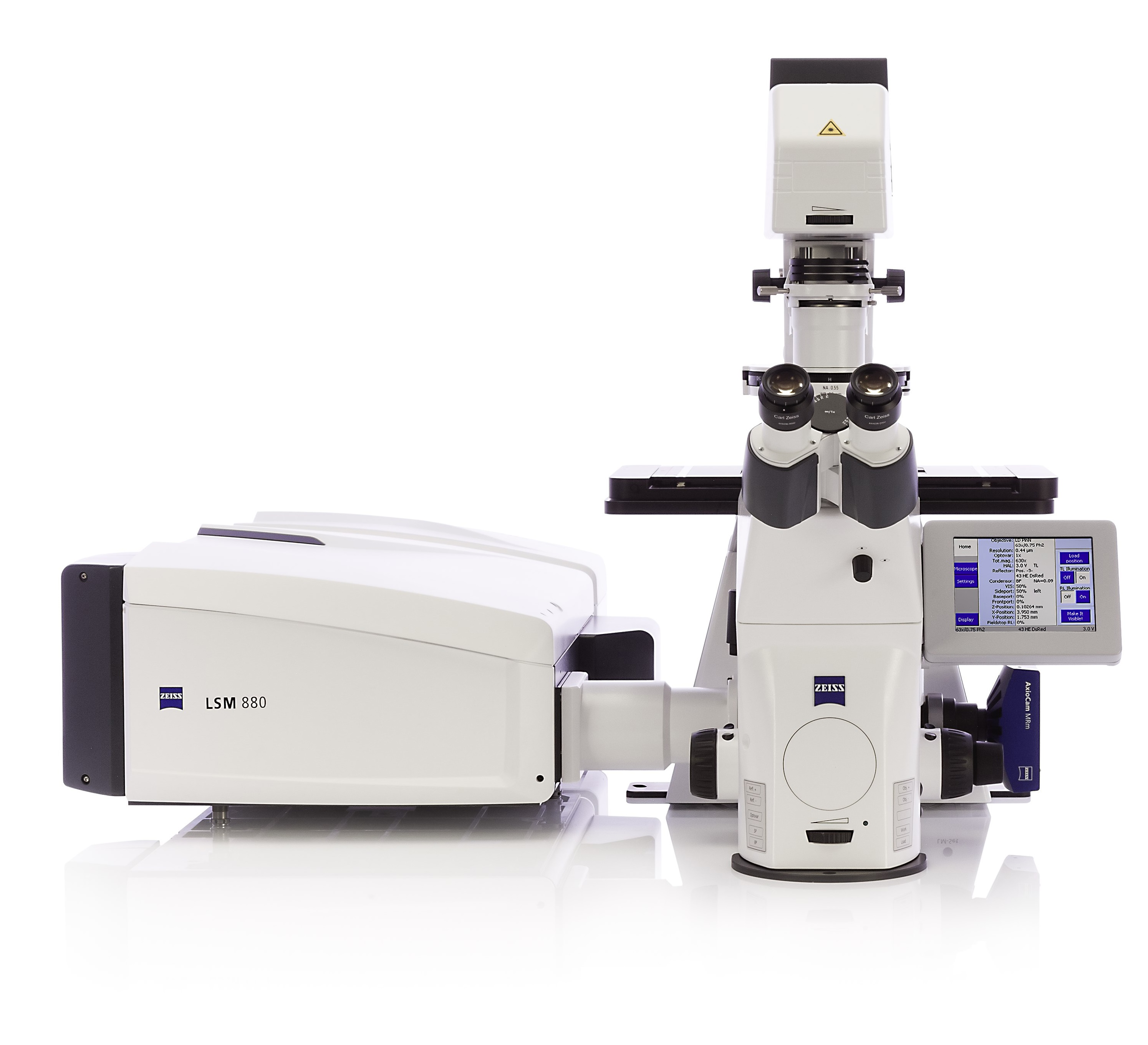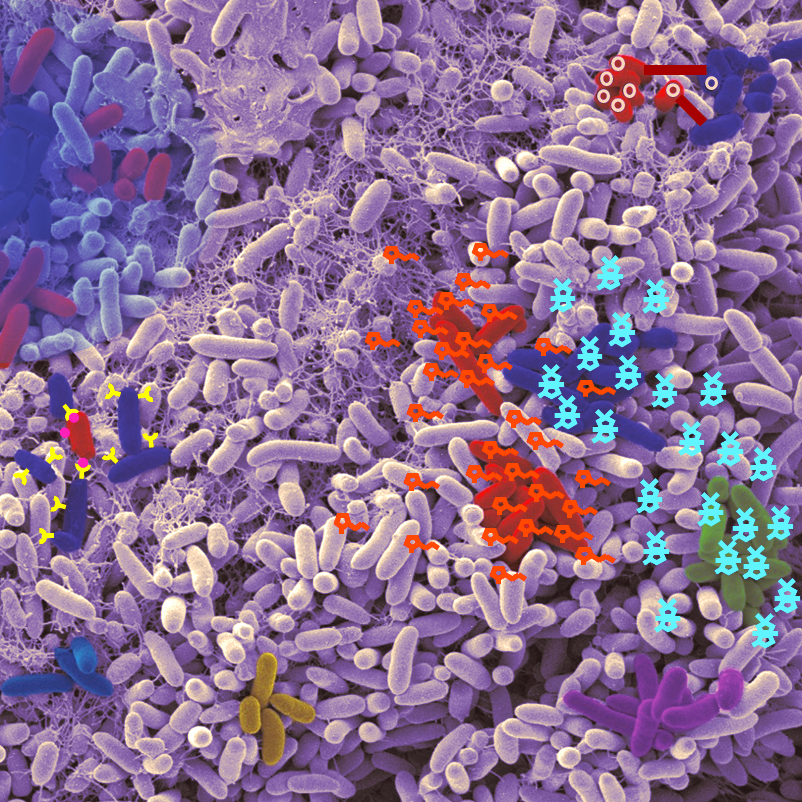Past funded projects
 A new biotechnology for pesticide removal at drinking water sand filters
A new biotechnology for pesticide removal at drinking water sand filters
This project has received funding from The Innovation Fund Denmark, awarded 01.03.2016
Read more about the project HERE
 Villum Foundation Grant to purchace the confocal Zeiss LSM 800 with Airyscan microscope for 2-,3-, and 4D visualization.
Villum Foundation Grant to purchace the confocal Zeiss LSM 800 with Airyscan microscope for 2-,3-, and 4D visualization.
 A study of multispecies biofilms with regard to succession, interspecies interactions, underlying molecular and evolutionary mechanisms and the role of multispecies biofilms as plasmid reservoirs.
A study of multispecies biofilms with regard to succession, interspecies interactions, underlying molecular and evolutionary mechanisms and the role of multispecies biofilms as plasmid reservoirs.
This project has received funding from the Villum Foundation, Awarded 23.01.2015
SHARE_WW - Spatial organization and Horizontal gene transfer of Antibiotic Resistance by ESBL in WasteWater
This project intends to address the current knowledge gaps concerning the biofilm spatial organization and interspecies interactions that underlies the antibiotic resistance strategy by extended spectrum β-lactamase producer bacteria thriving in wastewater treatment plants.
This pro ject has received funding from the European Union’s Horizon 2020
ject has received funding from the European Union’s Horizon 2020
research and innovation programme under the Marie Skłodowska-Curie grant agreement No 794315
Keratin2Protein - Novel approach to protein recovery from unutilized slaugtherhouse waste trough microbial conversion .
Funded by The Danish Council for Independent Research
Awarded: 13.12.2013
Metaproteome - Analysis of Microbial Biofilm Consortia in Food Production Lines This project provided fundamental insights into Microbial Biofilm Consortia in Food Production Lines. The project applied metaproteome analysis on mono- and multispecies biofilms in order to identify proteins that facilitate interspecific synergistic and antagonistic effects. The results obtained have direct relevance for hygiene measures in food production lines and elsewhere, where the impacts of microbial consortia are harmful. The findings is applicable to optimization of starter cultures and probiotics etc. where efficient and productive bacterial consortia are required..
Funded by The Danish Council for Independent Research
Awarded: 27.06.2013
SIMICOM - Social Interactions in Microbial Communities This project provided fundamental insights into the general background and principles of molecular evolution via detailed studies of interactions in complex microbial populations. The investigations focused on social interactions amongst bacterial cells in multispecies consortia, including biofilms.
Funded by The Danish Council for Independent Research
Awarded: 25.06.2013
Funded by The Danish Council for Independent Research
Awarded 31.01.2013
Trainbiodiverse. A multinational network of European research institutions and independent private sector representatives working in collaboration to train young scientists in multi-disciplinary aspects of soil biodiversity, ecosystem services and the economic significance of European soils
Funded by the People Programme (Marie Curie Actions) of the European Union's Seventh Framework Programme FP7/2007-2013/
Awarded: 01.01.2012
Seguencing of the human microbiome in pregnant women and new-borns in two birth cohorts and analysing bacterial association to the development of asthma, eczema and allergy The human microbiome in early life is critical for switching children to a trajectory towards the development af asthma eczema and allergy. Asthma, eczema and allergy are the most common chronic diseases in children in industrialized countries and have doubled or tripled in recent decades suggesting strong influence of the exposome. Such interaction between genome and exposome must occur in the very early life, since most chronic cases present themselves within the first year of life. It is therefore our research strategy to study the exposome in pregnant women and in thier babies. It the specific research hypothesis of this project that the diversity of the human microbiome deregulates the immature immune system in early life leading to a trajectory towards the development of asthma, eczema and allergy.
Funden by The Lundbeck Foundation
Awarded 16.12.2011
Copenhagen high through-put biofilm research facility. Carlsberg Foundation Grant to purchase a BioFlux 1000z flow cell array platform.
Awarded 12.12.2011
Development and evolution of Lactococcus and Leuconostoc bacteriophages in dairies using undefined starter cultures, a metagenome approach. Bacteriophages attacking starter cultures in food fermentations compromise food quality and food safety. Approx. 50% of all cheese productions in Europe are made using undefined mesophilic starters. Phage problems have been reported regularly. Due to complexity of the ecosystem our knowledge on phage source and evolution is scarce. Recent years developments in molecular biology based methods now allows for a detailed investigation on how phages develop and evolve in dairies using undefined starter cultures by combining modern molecular biology approaches with traditional microbiological techniques. The ultimate goal is to ensure high food safety and quality by developing new strategies to reduce phage development and evolution in dairies.
The aim of MetaphageLAB is to obtain a detailed knowledge on how different Lactococcus and Leuconostoc phages develop and evolve in dairies using undefined mesophilic starter cultures. The hypothesis is that raw milk, dairy environment, starter culture, and handling starter cultures influence how phages develop and evolve but our knowledge on the importance of each of these sources on development and evolution og phages in dairies is inadequate. MetaphageLAB will quantify the role of these sources.
Funded by The Danish Council for Independent Research
Awarded 14.11.2011
Horizontal gene transfer is one of the most important factors on the emergence of novel characteristics in bacterial evolution. An understanding of the mechanisms favouring or limiting horizontal gene transfer is of major importance for predicting future evolution and for implementing intervention strategies limiting undesirable evolution such as development of multi-resistance pathogenic bacteria. Increasing our understanding of horizontal gene transfer is expected to be intrumental in the development of improved tools for genetic manipulation for research and industrial purpose.
The purpose of this project is to elucidate basic machanisms of horizontal gene transfer between bacterial clones with focus on antimicrobial resistance in pathogenic clonal lineages. We aim to determine how resistance plasmids are taken up by different clones and by which mechanisms bacteria might resist or promote such uptake.
Funden by The Danish Council for Independent Research
Awarded 28.10.2011
Investigations of microbial degradation processes under natural soil conditions.
The overall fundamental aim of CREAM2 is to quantify factors and mechanisms that limit the biodegradation of organic contaminants in soil ecosystems and to identify the processes that control the current expansion of the soil antibiotic resistome. The corresponding overall applied aim is to provide a significantly improved knowledge base for risk assessment of selected organic and inorganic soil cantaminants and for soil management-based solutions that can mitigate their adverse environmental and human impacts.
Funded by The Villum Foundation
Awarded: 17.01.2011
SiB. Børn - øget velfærd og sundhed i børneinstitutioner
Infektionssmitte kan reduceres ved afbrydelse af smitteveje. Af primær betydning er den praktiserede håndhygiejne, men rengøring og desinfektion af smittekilder samt mulighederne for dannelse af hotspots på inventar og overflader er også afgørende for smittespredning.
Dette projekts primære formål er at afprøve og udvikle midler og metoder til afbrydelse af smitteveje i institutioner. Der vil blive foretaget en systematisk afprøvning af rengørings- og desinfektionsmidler og metoder til overfladedesinfektion af inventar samt til hånddesinfektion. Design af overfladematerialer og inventar, og betydningen for mikrobiel opformering vil blive klarlagt. Ved at kombinere disse tilgangsvinkler til smittereduktion i institutioner opnås en unik forståelse af, hvordan rengørings-og desinfektionsmidler og -metoder skal udvælges og anvendes så mikrobiel opformering i hotspots forhindres. Derved kan vi få en flerstrenget tilgang til, hvordan smittespredning reduceres.
Funded by The Danish Council for Technology and Innovation
Awarded: 16.06.2010
A variety of natural environments are expected to habour a large but hitherto untapped resource of peptide-releasing enzymes with desired properties. In this project, we will implement an innovative integrated approach to isolate, characterise and develop novel proteolytic enzymes. We will analyse 1) unexplored environments rich in proteolytic enzymes (digestive fluid from snake, spider and carnivore plants) and 2) microbiological environments where proteolytic enzymes are adapted ro environmental conditions of interest to the food and biotech industry (high pH, high pressure, and low temperature). We expect that our results will inspire and enable the food and biotechnology industries to develop innovating food and feed processing techniques. Furthermore, the generic pipeline will not be restricted to proteolytic enzymes, but be applicable to many other enzyme activities.
The main hypothesis is that our experimental approach will enable us to identify novel proteolytic enzymes releasing bioactive peptides beneficial to human and animal health.
Funded by The Programme Commission on Health, Food and Welfare
Awarded 23.11.2009
Funded by The Specific Programme "Cooperation": Food, Agriculture and Biotechnology of the European Union's Seventh Framework Programme FP7/2007-2013
Awarded: 16.04.2009
Funded by FøSU
Awarded: 19.12.2008
POPCORN - targeting POPulation heterogeneity at miCrOscale for Robust fermantatioN processes Acronym
Funded by The Danish Council for Independent Research
Awarded:19.12.2008
Funded by FøSU
Awarded:11.12.2008
Funded by The Danish Council for Independent Research
Awarded:18.11.2008
Funded by FøSU
Awarded:14.12.2007

